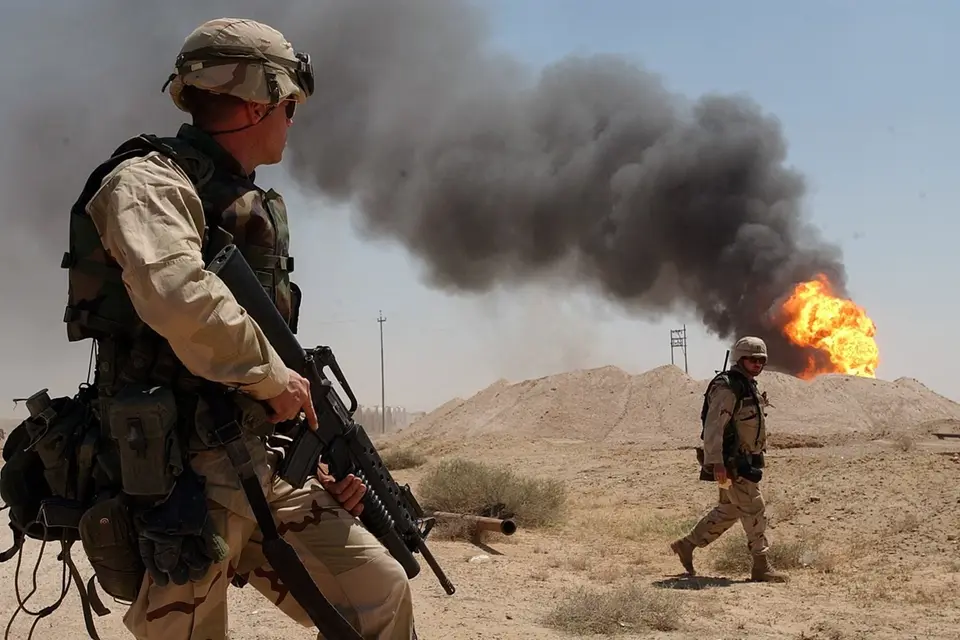The September 11th attacks were a watershed moment in American history, marking a dramatic shift in domestic and foreign policy. Their impact reverberated across the globe, reshaping geopolitics, intelligence communities, and civil liberties. The years since 9/11 have been marked by a complex interplay of events, policies, and debates. This article seeks to provide a comprehensive overview of the key questions and issues that have arisen in the post-9/11 era.
1. What were the immediate consequences of the 9/11 attacks?
- Declaration of War: The United States declared war on al-Qaeda and the Taliban regime in Afghanistan, launching Operation Enduring Freedom.
- Patriot Act: The USA PATRIOT Act was passed, granting the government expanded surveillance powers and law enforcement authority.
- Department of Homeland Security: The Department of Homeland Security was created to coordinate national security efforts.
- Economic Impact: The attacks had a significant economic impact, leading to a decline in the stock market and increased unemployment.
2. What were the major counterterrorism operations launched after 9/11?
- Invasion of Iraq: In 2003, the United States invaded Iraq on the grounds that Saddam Hussein possessed weapons of mass destruction. This war proved to be controversial and protracted.
- Drone Strikes: The United States increased its use of drone strikes in countries like Pakistan, Yemen, and Somalia to target suspected terrorists.
- Global War on Terror: The Bush administration coined the term “Global War on Terror” to describe the ongoing struggle against terrorism.
3. How did the 9/11 attacks change American foreign policy?
- Preemptive Strikes: The Bush Doctrine emphasized the right to preemptive strikes against potential threats to national security.
- Axis of Evil: The Bush administration identified Iran, Iraq, and North Korea as the “Axis of Evil” and pursued a policy of regime change.
- Increased Military Spending: The United States significantly increased its military spending in the years following 9/11.
4. What were the domestic consequences of the 9/11 attacks?
- Erosion of Civil Liberties: The Patriot Act and other measures led to concerns about the erosion of civil liberties, including increased surveillance and restrictions on free speech.
- Racial Profiling: There were reports of increased racial profiling of Muslims and other minority groups.
- National Unity: The attacks initially fostered a sense of national unity, but divisions emerged over the war in Iraq and other foreign policy issues.
5. How did the 9/11 attacks affect the Middle East?
- Regional Instability: The wars in Iraq and Afghanistan destabilized the Middle East, leading to increased sectarian violence and the rise of extremist groups like ISIS.
- Arab Spring: The Arab Spring uprisings of 2011 were partly inspired by calls for democracy and human rights, which had gained momentum in the wake of 9/11.
- Refugee Crisis: The wars in the Middle East led to a massive refugee crisis, with millions of people fleeing their homes.
6. What were the long-term consequences of the 9/11 attacks?
- Global Security Threats: The attacks highlighted the growing threat of transnational terrorism and the need for international cooperation to address it.
- Intelligence Reform: The intelligence community underwent significant reforms in the aftermath of 9/11, with a focus on improving information sharing and analysis.
- Cybersecurity Threats: The increased reliance on technology in the post-9/11 era has made cybersecurity a major concern.
7. What are the ongoing debates about the legacy of 9/11?
- Effectiveness of Counterterrorism Measures: There is ongoing debate about the effectiveness of counterterrorism measures, including drone strikes and the war in Iraq.
- Human Rights Concerns: Critics argue that the government’s response to 9/11 has led to a decline in human rights and civil liberties.
- Alternative Approaches: Some argue that alternative approaches, such as diplomacy and economic development, are needed to address the root causes of terrorism.
The legacy of 9/11 is complex and multifaceted. It has shaped American foreign policy, domestic politics, and global security. The debates and controversies surrounding the attacks continue t










